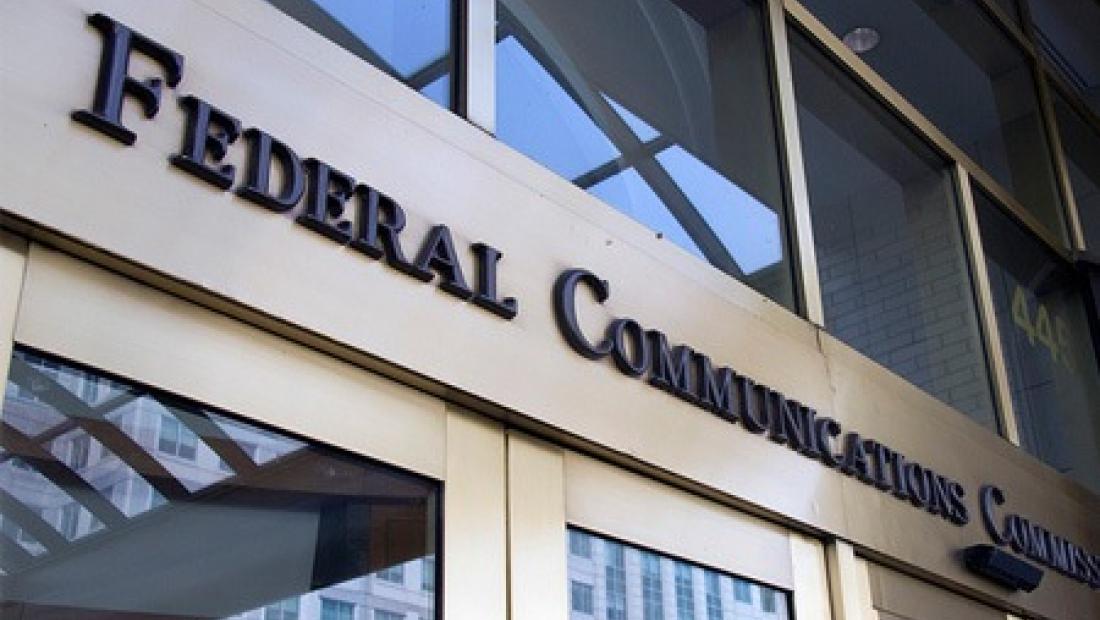NCTA: V2V Proposal Is Straying Into FCC's Lane

The smarter way to stay on top of broadcasting and cable industry. Sign up below
You are now subscribed
Your newsletter sign-up was successful
NCTA-The Internet & Television Association has told the National Highway Traffic Safety Administration (NHTSA) that its proposal on vehicle-to-vehicle communications in the upper 5 GHz band, particularly a mandate on safety technology, is misguided and threatens the future of wireless communications.
That came in comments on an NHTSA Notice of Proposed Rulemaking.
Broadband providers have been pushing the FCC to open up the band for unlicensed wireless use--for Wi-Fi hotspots--sharing that spectrum with V2V communications, and signaled to NHTSA that it was straying into that agencies lane.
NCTA wants NHTSA to "(1) amend its cost-benefit analysis to properly account for the costs its mandate would impose on
broadband consumers and investors; and (2) consider how it can advance vehicle safety while supporting the Federal Communications Commission’s (FCC) efforts to permit efficient, shared use of the 5.9 GHz band."
NCTA offered up some statistics to bolster its case, including hundreds of millions of dollars in investment to deploy Wi-Fi networks; 2.5 billion active Wi-Fi sessions daily, 169 petabytes of data, predictions of the U.S. needing 1.6 GHz of new Wi-Fi spectrum by 2025.
The Department of Transportation (of which NHTSA is a part) issued the NPRM back in December, mandating V2V communications (using dedicated short-range communications, or DSRC) on all passenger cars and trucks, which it said would prevent hundreds of thousands of crashes. It would also “require that all V2V devices must ‘speak the same language’ through a standard technology.
The smarter way to stay on top of broadcasting and cable industry. Sign up below
NCTA says NHTSA's proposal does not accurately account for the opportunity cost of the mandate and asked it not to impose a mandate "that companies adopt a specific technology, chosen by the agency, to achieve safety goals in light of the excessive costs of doing so."
It also said NHTSA does not have the authority to mandate that all basic safety messages (BSM) be transmitted on a specific channel, which is under FCC authority.
NCTA also wants NHTSA to defer to the FCC when it comes to vetting proposals on how V2V and the Wi-Fi the hot spots that have been ISPs primary mobile broadband play can share the spectrum, saying "this, too falls within the FCC's authority [and expertise] not NHTSA's."
NCTA says NHTSA is straying into spectrum policy, over which it has no authority. "Unfortunately, after recognizing NHTSA’s limited jurisdiction, the NPRM improperly expands NHTSA’s regulatory reach into areas that Congress assigned to the FCC," it said. "If NHTSA moves forward with the proposed mandate, it can establish safety standards for V2V technology, consistent with its jurisdictional limitations. But it must do so without deciding questions of spectrum policy that fall outside its jurisdiction—directly or indirectly. NHTSA must address these fundamental problems before moving forward with a V2V rule and must defer to the FCC’s authority and expertise in spectrum management."
“We are reiterating our concerns about NHTSA’s DSRC mandate for all new cars in this filing," said John Gasparini, policy fellow at Public Knowledge. "In recent months, we’ve seen a dramatic increase in consumer interest in privacy and cybersecurity protections. While consumers clamor for greater protections, however, NHTSA continues advancing a proposal that would mandate a vehicular technology that not only lacks adequate privacy or cybersecurity protections but also remains open to commercial use."
Contributing editor John Eggerton has been an editor and/or writer on media regulation, legislation and policy for over four decades, including covering the FCC, FTC, Congress, the major media trade associations, and the federal courts. In addition to Multichannel News and Broadcasting + Cable, his work has appeared in Radio World, TV Technology, TV Fax, This Week in Consumer Electronics, Variety and the Encyclopedia Britannica.

